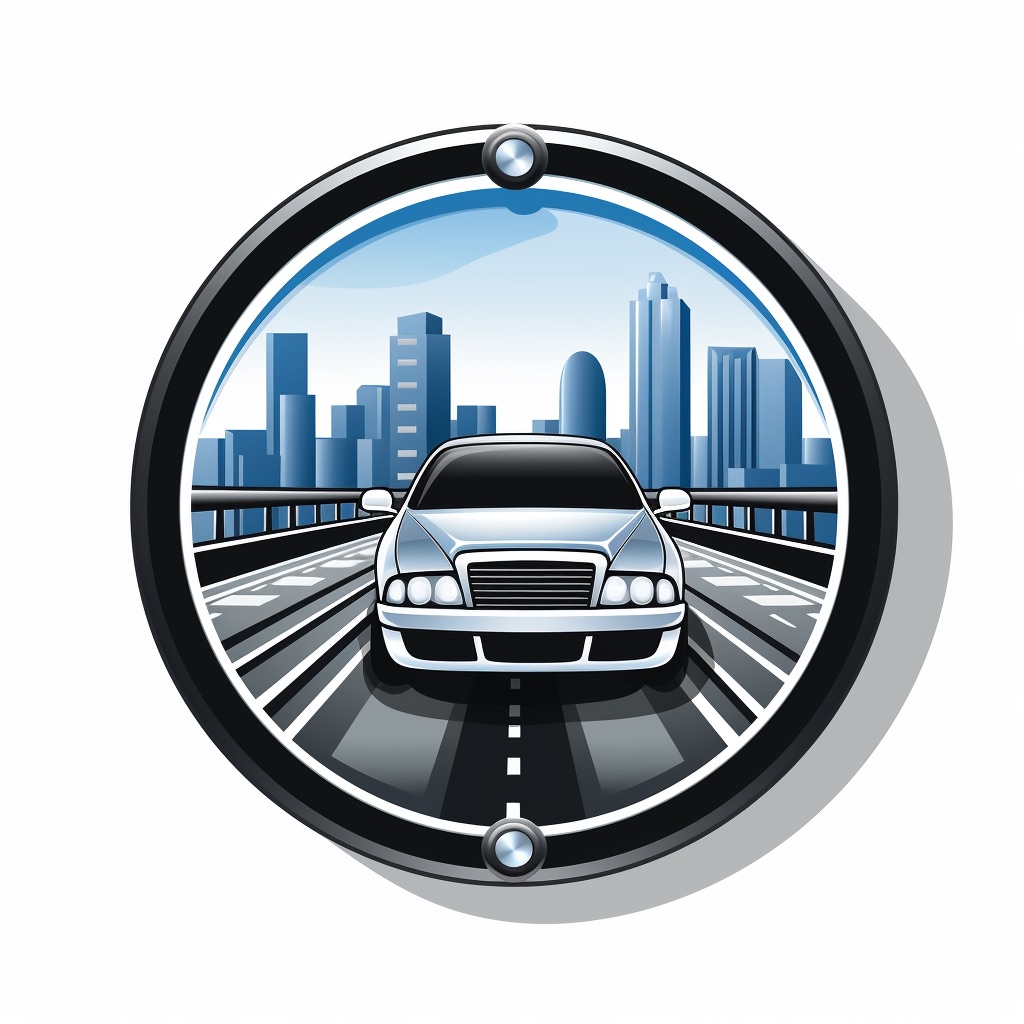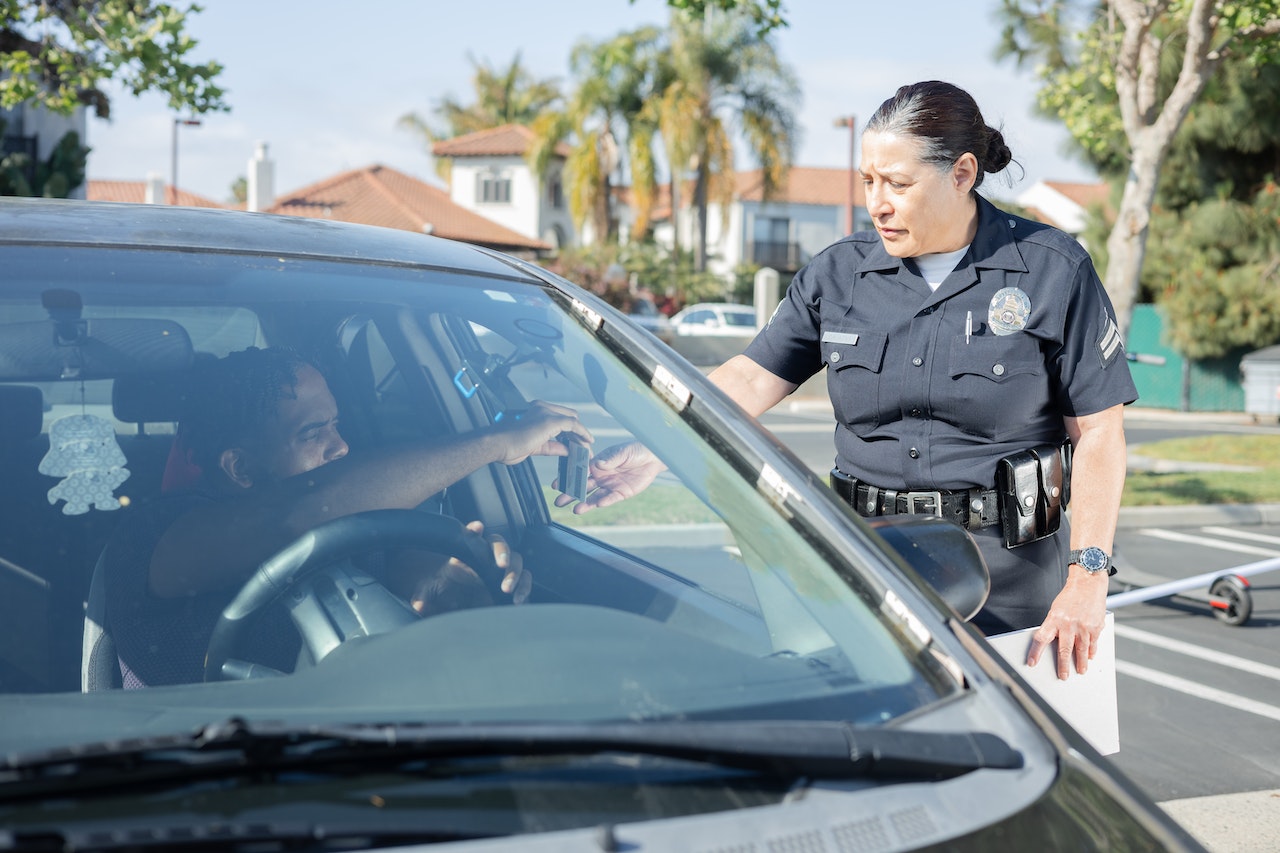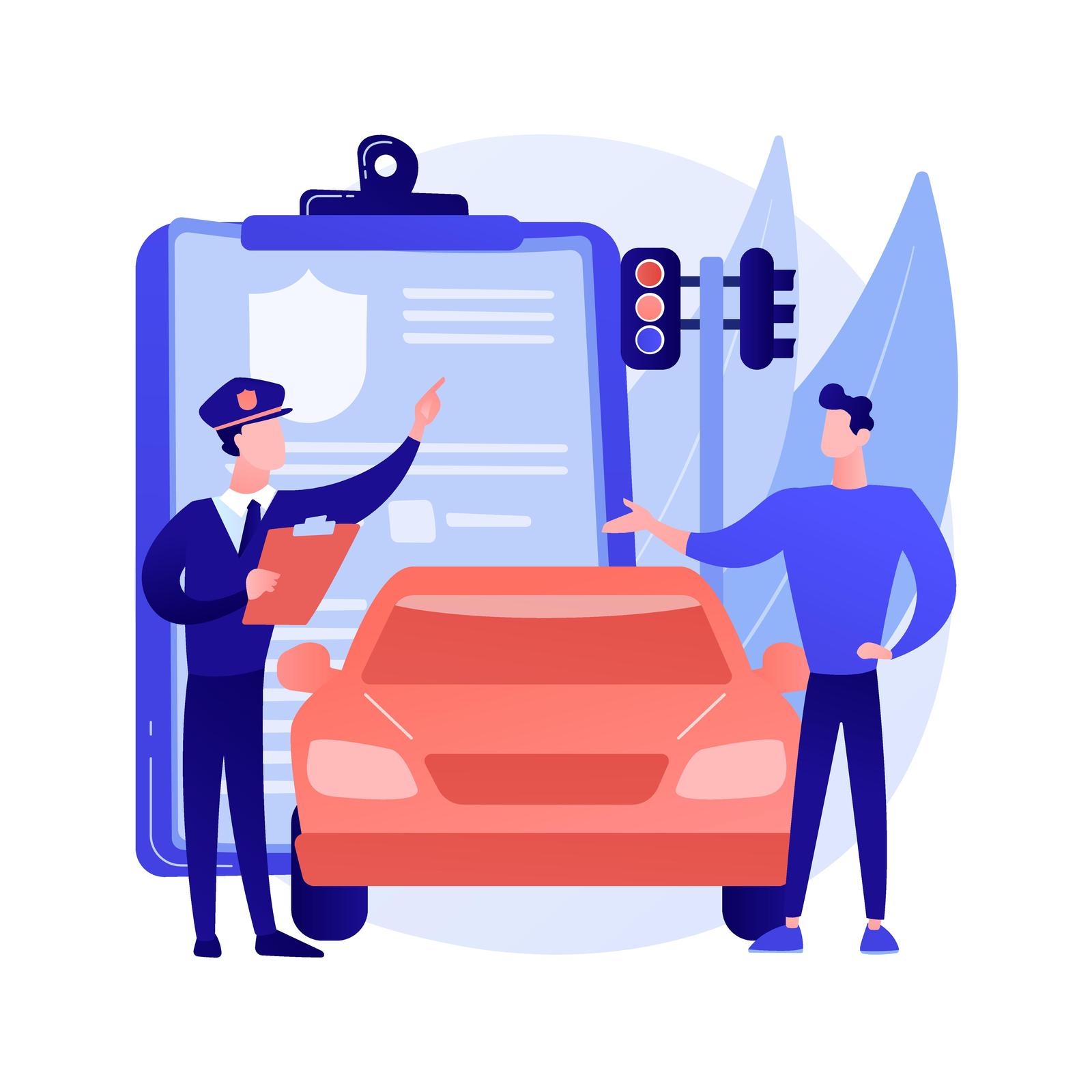What is a Speeding Ticket?
A speeding ticket is a citation issued to drivers who exceed the posted speed limit while driving on public roads. It is essentially a notice of violation, which means that the driver has broken the law by driving too fast. The ticket typically includes information such as the driver’s name, address, and other details related to the specific incident. Additionally, it will specify the amount of the fine that must be paid for violating traffic laws.
Although receiving a speeding ticket may seem like an inconvenience, it is important to understand its purpose and significance in maintaining public safety. Speed limits are established for several reasons: to increase road safety, reduce accidents and fatalities, and preserve infrastructure by regulating wear and tear on roads. By exceeding these limits, drivers risk their own lives as well as those around them. Furthermore, motorists must understand their rights and responsibilities when dealing with speeding tickets. This knowledge can help them decide whether to fight or accept the violation charge in court. Furthermore, understanding what constitutes a speeding offense can enable drivers to regulate their driving habits better so they can avoid future citations.
In today’s rapid-paced world where people are always in a hurry, it is not uncommon for drivers to exceed posted speed limits while rushing from one place to another. Unfortunately, this behavior often results in receiving a speeding ticket – an experience that can be both financially draining and emotionally frustrating. today we will delve into what exactly constitutes a speeding ticket so you know what you’re dealing with if you ever receive one yourself. Being informed about this topic can help ensure your safety on the road and minimize legal repercussions if caught violating traffic laws. Speeding tickets are probably the most common traffic violations that drivers face.
Common Reasons for Receiving a Speeding Ticket
There are several common reasons why drivers receive speeding tickets. One of the most common is simply not paying attention to the posted speed limit signs. Many drivers become distracted by other things while driving and fail to notice that they are traveling too fast. Another common reason for receiving a speeding ticket is trying to keep up with traffic. Drivers may feel pressured to drive faster than they should in order to keep pace with other drivers on the road. However, this can be dangerous and lead to accidents. Some drivers may also receive speeding tickets for more intentional reasons, such as racing or reckless driving. These behaviors put everyone on the road at risk and can result in serious consequences.
Consequences of Receiving a Speeding Ticket
The consequences of receiving a speeding ticket can vary depending on several factors, including the driver’s previous driving record, the severity of the violation, and local laws. In general, however, there are some common consequences that all drivers face when they receive a speeding ticket. One consequence is fines. Depending on where you live and how fast you were traveling when you received your ticket, fines can range from relatively minor amounts to several hundreds or even thousands of dollars. Another consequence is points added to your driving record. When you receive a speeding ticket, points are typically added to your license that remain there for a set period of time (usually 3-5 years). Your personal license may be suspended or revoked if you accumulate too many points within that time frame. Receiving multiple speeding tickets over time can result in increased insurance rates. Insurance companies view drivers with multiple speeding tickets as higher risk, so they typically charge them higher premiums for coverage.
Types of Speeding Tickets
Fixed Speed Limit Violations
Fixed speed limit violations are the most common type of speeding ticket. These tickets are issued when a driver exceeds the posted speed limit on a road, highway, or street. The posted speed limit is the maximum speed allowed on a particular stretch of road, and it is set to ensure the safety of all drivers, passengers, and pedestrians. In most cases, exceeding the posted speed limit by a small amount will result in a fine. However, if you exceed the posted speed limit by a significant amount or if you have multiple speeding violations on your record, you may face more severe consequences such as higher fines or even license suspension.
Variable Speed Limit Violations
Variable speed limit violations occur when drivers exceed the maximum allowable speed in areas where variable limits are posted. These areas include construction zones and school zones where lower speeds help to protect workers and children. Variable limits also apply to areas where weather conditions make it necessary to slow down. For example, variable limits may be posted during heavy rain or foggy conditions to encourage drivers to reduce their speeds for safety reasons. Always be aware of variable limits because they can change frequently due to changing conditions. If caught exceeding these limits you will receive an expensive fine and could even lose your license depending on how much over-the-limit you were driving.
Work Zone Speeding Violations
Work zone speeding violations occur when drivers exceed the maximum allowable speeds in construction work zones. These tickets hold particularly high penalties due to how dangerous work zones can be for workers who rely heavily on vehicles going relatively slow across their work site. Work zone speeding is especially dangerous because constructions sites are often chaotic environments with unpredictable traffic patterns that require careful attention from all drivers involved. Fines for work zone speeding are usually much higher than regular speeding tickets, and can even come with jail time if the violation results in a serious accident. Additionally, in many states, points for these kinds of violations can stay on your driving record longer and impact insurance rates more severely.
How to Handle a Speeding Ticket
Pay the Fine and Move On
If you have received a speeding ticket, the easiest option is to pay the fine and accept the consequences of your actions. Even though paying the fine will result in points on your license, it may be less expensive than hiring an attorney or going to court. However, it is important to keep in mind that by paying the fine, you are admitting guilt and accepting responsibility for your actions. Moreover, it is necessary to understand that receiving multiple tickets can result in having your license suspended or revoked.
Contest the Ticket in Court
Contesting a speeding ticket means taking legal action against the citation with the help of an attorney. It would involve presenting evidence and testimony before a judge or jury with hopes of convincing them that you were not guilty of violating traffic laws. This option can be more expensive and time-consuming than paying off the fines but can result in exoneration if successful. It’s important to have a strong case before choosing this option because if not done right, you may face higher fines and increased insurance premiums.
Attend Traffic School to Dismiss the Ticket
Attending traffic school is another way of getting your ticket dismissed. Depending on your state, this option may only be available for individuals who have been issued their first ticket or those who violate traffic laws within specific speed limits. This option can allow drivers to avoid points on their licenses as well as keep their insurance premiums low. Traffic schools usually offer classes online or at designated locations for drivers who want an alternative way out of paying speeding tickets fines while learning about safer driving habits. how one handles a speeding ticket depends on personal circumstances – location, financial stability, and driving history – and legal options based on state laws. It’s critical to make an informed decision before proceeding with any action.
The Most Expensive State for a Speeding Ticket
Did you know that the cost of a speeding ticket can vary greatly depending on what state you are driving in? In fact, as per recent studies, California is the most expensive state to receive a speeding ticket. If you are caught speeding in California, you could expect to pay up to $900 in fines and penalties! Other states with high fines include Georgia and Illinois. On the other hand, states like Idaho and North Dakota have relatively lower fines and penalties for speeding violations.
The Most Common Time for Receiving a Ticket
Have you ever wondered what time of day people are most likely to receive a speeding ticket? According to studies conducted by various law enforcement agencies, there are fewer speeding violations during daytime hours (between 6:00 AM – 12:00 PM) than at night (between 10:00 PM – 6:00 AM). However, this doesn’t mean drivers can relax their daily speed limits. The studies also found that drivers were more likely to speed excessively during daytime hours when traffic was light.
Speeding Fines Based on Vehicle Type
Did you know that some states have different levels of fines based on the type of vehicle you were driving when caught speeding? For instance, if you’re caught driving an 18-wheeler truck above the speed limit in Arizona or Nevada, your fine will be much higher than if you were caught doing so while driving a regular passenger vehicle. Similarly, some states have higher fines for luxury vehicles or sports cars. This means it’s important to obey traffic laws and pay attention to how much speed you’re maintaining while driving different types of vehicles! These lesser-known facts about speeding tickets highlight the importance of being aware of traffic laws and the potential consequences of breaking them. It’s also important to note that fines and penalties can vary greatly depending on the state, time of day, or even the type of vehicle you’re driving. So always drive safely and maintain speed limits to avoid costly speeding tickets!



